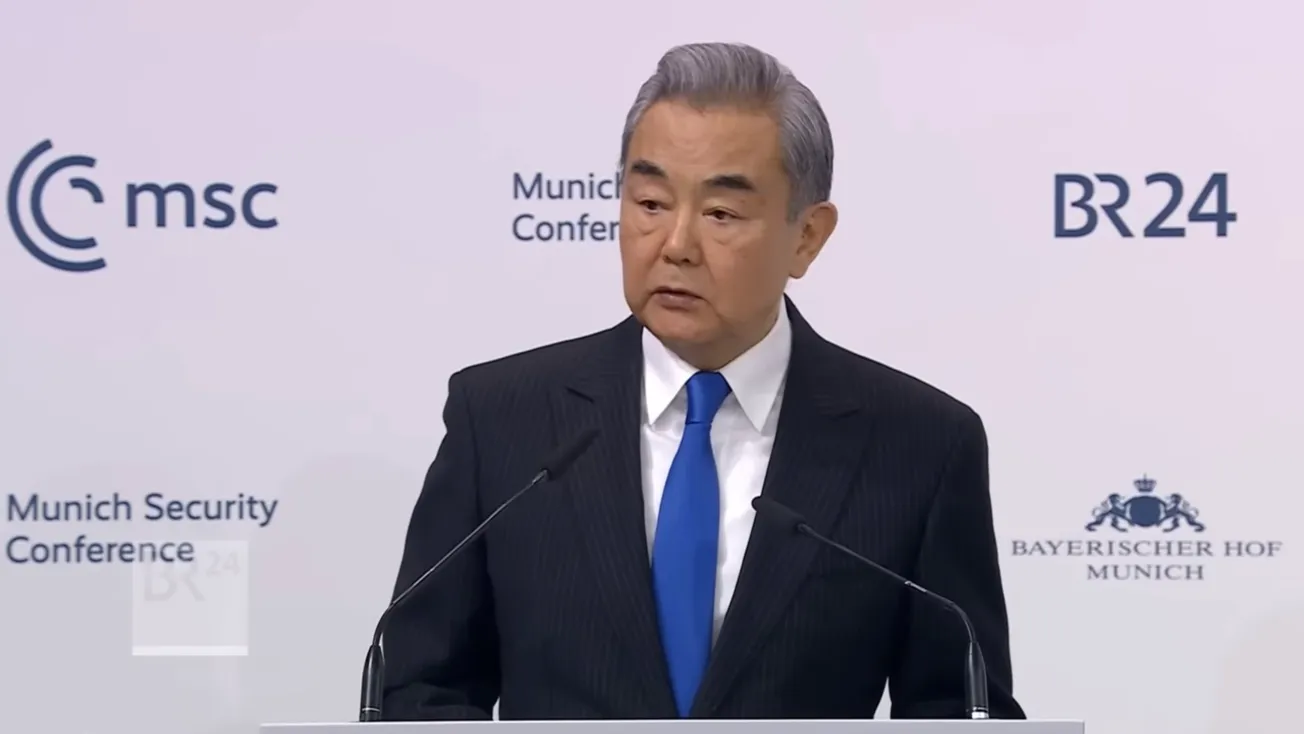The obvious problem of the U.S.-China tensions spinning out of control drew the attention of the leaders of nations in the area. At the Shangri-La Dialogue on security in Singapore, Singapore’s Defense Minister Ng Eng Hen today called for the two powers to keep communication channels—both formal and informal—open, reported Hong Kong daily South China Morning Post. Ng stressed the view that the U.S.-China relationship was “central” to the stability in Asia and the broader Indo-Pacific region. “No country, I think, wants war but our working assumptions and scenarios must be that unplanned incidents can occur,” he said.
“Channels of communication, both formal and informal, must exist so that when these unplanned incidents occur, those channels can be used to de-escalate and avoid conflict,” Ng said, adding that it would be “too late” to start or activate these channels in moments of crisis. For leaders in Asia, the “foremost priority” would be to avoid a physical conflict in the region and to draw lessons from the Ukraine war. Simultaneous conflicts in Europe and Asia would be “disastrous” and a “nightmarish scenario.”
Ng added that there were currently “declining touch points” between Beijing and Washington. Singapore, and more broadly, the Association of Southeast Asian Nations (ASEAN), is not “disinterested bystanders.... Both the U.S. and China have said that they do not want our countries—ASEAN countries—to take sides,” he said. “But ASEAN member states with a vivid recollection of great power rivalry in our past and the devastating consequences are acutely concerned that worsening relationships between these two powers … will inevitably force difficult choices upon our individual states.”
Cambodian Defense Minister Tea Banh, who was on the same panel as Ng, said tensions between major powers have “hindered the harmonization and prosperity” of other nations. “It was obvious that competing parties will not gain any substantial benefit” from heightened competition. “It is inevitable that they remain dependent on one another for the long term.”
A senior defense official from the Philippines warned that the great power tension—if left unchecked—could bring down an “iron curtain” across Asia. “While the risk of conflict looms, it is time for more dialogue, not less,” Carlito Galvez Jr., senior undersecretary at the Philippines’ defense department, said, reported the Wall Street Journal.
Former Chinese ambassador to the U.S. Cui Tiankai told Reuters on the sidelines of the conference that the U.S. must cut in half its military deployments near China. “Why are they coming all the way across the ocean? To our doorsteps?” Cui said of U.S. Naval and Air Force deployments close to China. “They’re getting too close to our territories, to our territorial waters before anything else. If people have such good will and if people act in good faith, they could always find effective ways of communication.”



